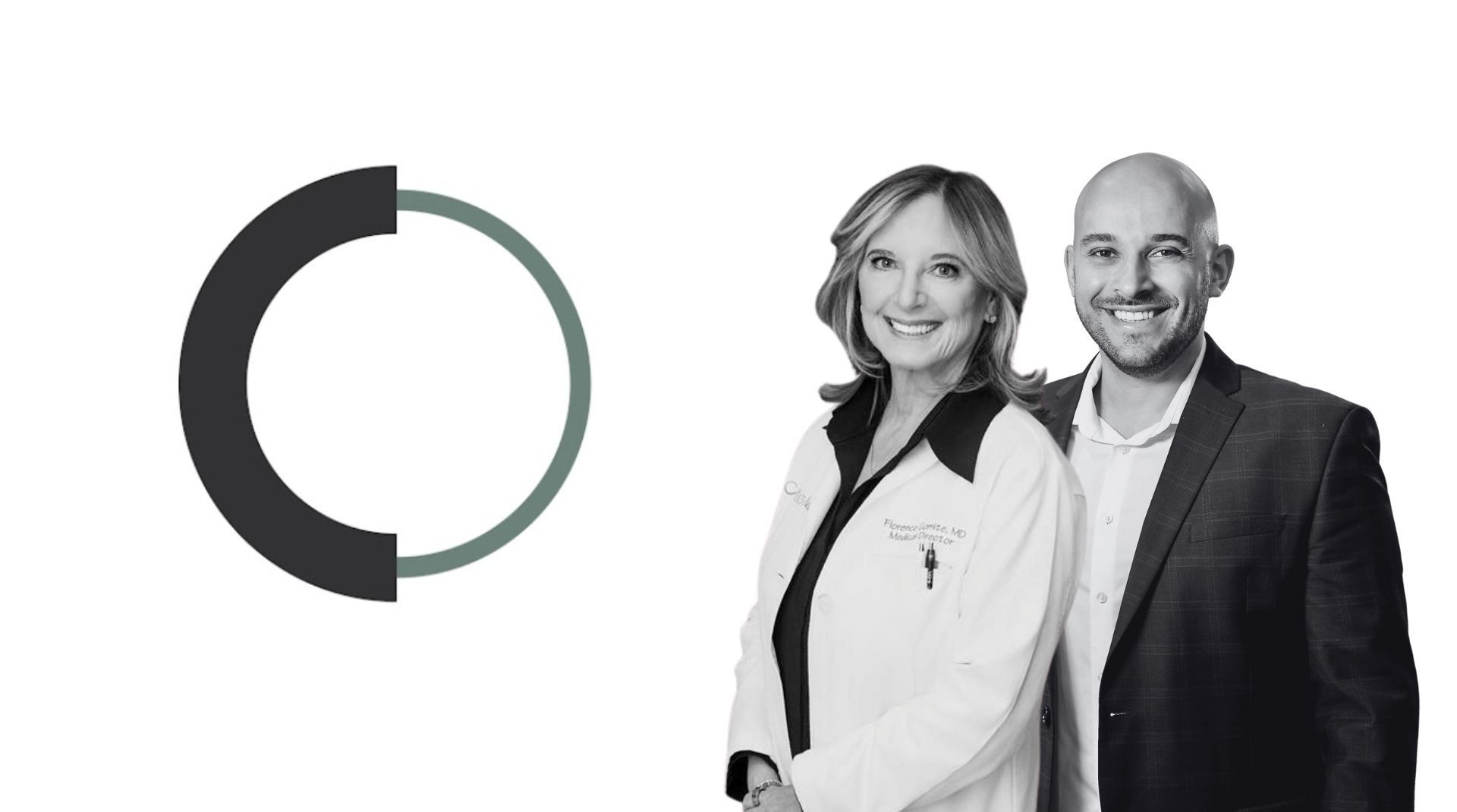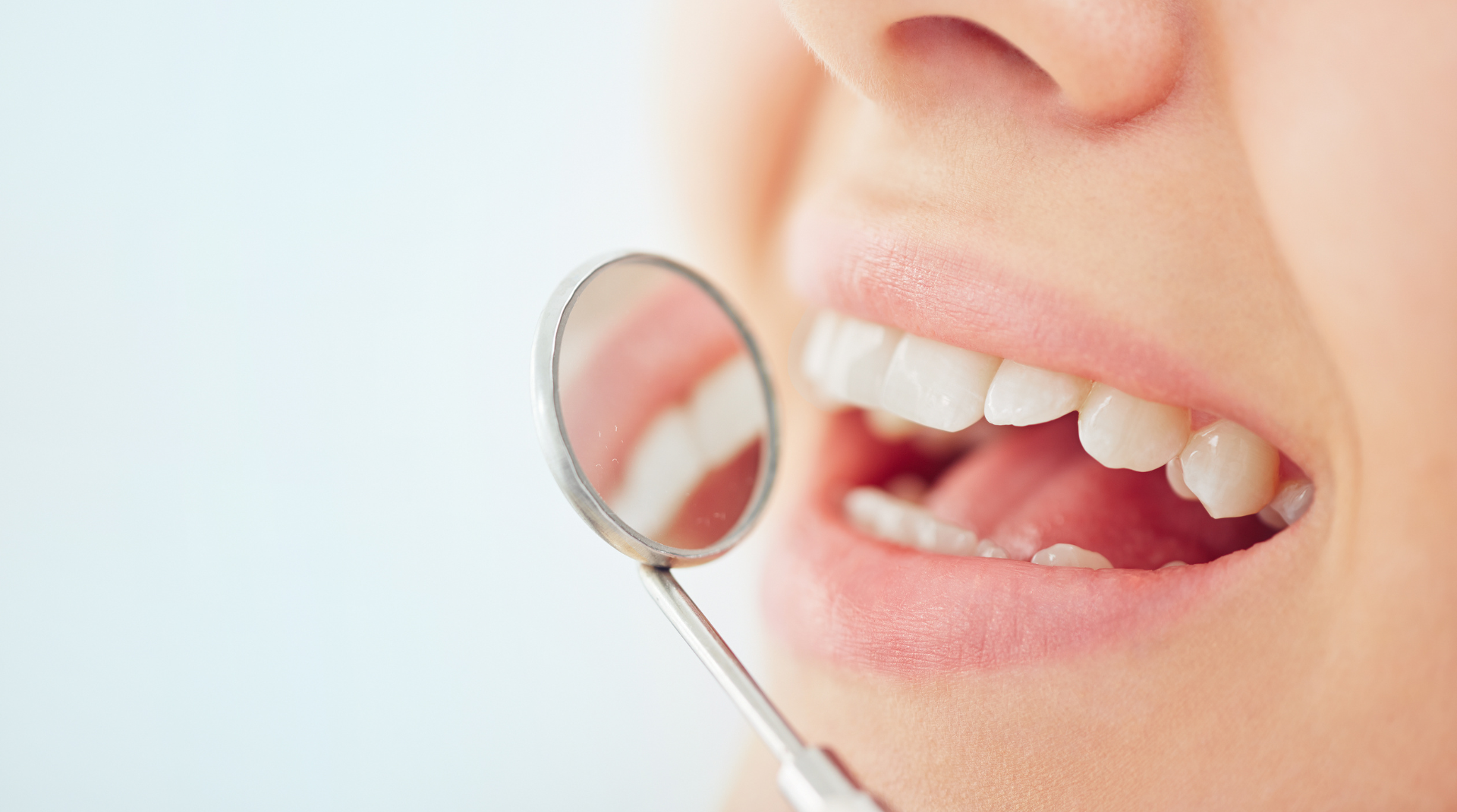The Role of Fluoride in the Prevention of Dental Caries: A Biologic Dentist's Perspective
Fluoride has long been hailed for its enamel-strengthening properties, preventing dental cavities. However, as biological dentists, we give equal attention to its benefits and possible concerns, such as the risks associated with fluoride levels in drinking water and discussing reasons to avoid fluoride in toothpaste. Our approach helps us treat each patient accordingly based on their specific health needs.
Fluoride for Teeth: Protective Benefits
Fluoride strengthens teeth by supporting remineralization-a natural process that repairs enamel using calcium and phosphate. This process creates fluorapatite, a compound that resists acid attacks, and underpins the effectiveness of fluoride toothpaste and water fluoridation.
On the other hand, biological dentistry explores this avenue further with the use of lifestyle modifications, such as mineral-rich foods, the avoidance of acid pH imbalances in the oral cavity, and limitation of sugar intake. These methods enhance enamel strength through more organic means and with minimal reliance on fluoride.
Fluoride in Water: Public Health vs. Emerging Concerns
Fluoride in drinking water causes significant reductions in cavity rates, yet recent research has questioned its systemic safety. In 2024, a federal court ordered the EPA to regulate fluoride under the Toxic Substances Control Act due to neurodevelopmental risk concerns. Findings from the NTP Monograph on Fluoride Exposure and Neurodevelopment have suggested that high fluoride exposure could lower the IQ in children, which has raised concerns about the side effects of fluoride on the brain and the long-term effects of fluoride in water.
The developments also signal a need to recognize individualized care and options when requested without fluoride.
Is Fluoride Toxic? Understanding Risks
While fluoride is effective, overexposure can have symptoms of toxicity due to exposure, such as dental fluorosis or skeletal fluorosis in the more extreme cases. Other concerns involve the side effects of fluoride in water, regarding its impact on the health of the brain and neurodevelopment.
People often ask: how much fluoride is too much? The current standard for water fluoridation stands at 0.7 mg/L, but studies are very much ongoing to give a fine balance between benefits and risks. Questions raised on forums like "Is fluoride toxic Reddit" reflect growing public interest in understanding these nuances.
Why Avoid Fluoride in Toothpaste? Exploring Alternatives
Biologic dentistry has some great options that work without the use of fluoride, such as nano-hydroxyapatite. This natural compound imitates the structure of enamel and aids in its remineralization. Products like RiseWell Toothpaste provide fluoride-free solutions while giving protection to the enamel.
Tetrahealth Protocol
At Tetrahealth™, we take pride in using a biologic approach in dentistry-fluoride-free care based on every individual's unique needs:
- Comprehensive Assessments:
Analyze enamel strength, decay risk, and nutrition.
- Natural Products: Hydroxyapatite toothpaste and mouthwash recommendations.
- Seasonal Cleanings: Regular care to protect and strengthen enamel.
This protocol is designed to be preventive, using natural solutions to take care of teeth in a holistic manner for patients who do not want fluoride.
A Balanced Perspective
Biologic dentistry is committed to personalized dentistry, combining tried-and-true tools like fluoride with natural, risk-aware alternatives. Whether it is brain effects from fluoride or seeking fluoride-free alternatives, our mission and commitment are to deliver oral health in a safe yet effective and personalized manner.
Ready to Personalize Your Oral Care?
Want to know whether fluoride is toxic in water, or looking forward to finding fluoride-free options? Biologic dentistry applies evidence-based solutions matched to your health needs. Now to take that first step toward a healthier, more natural smile by requesting an appointment!



